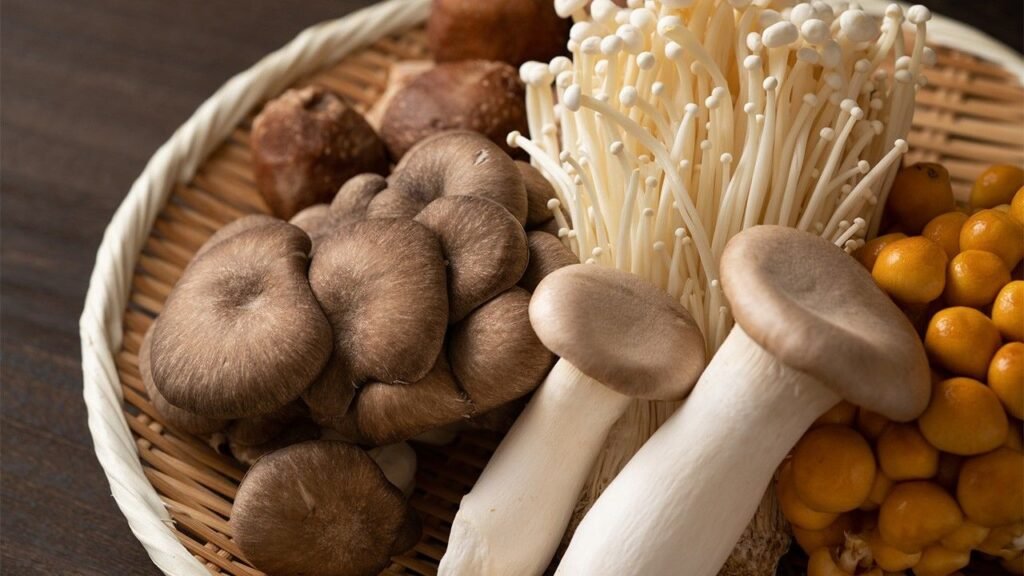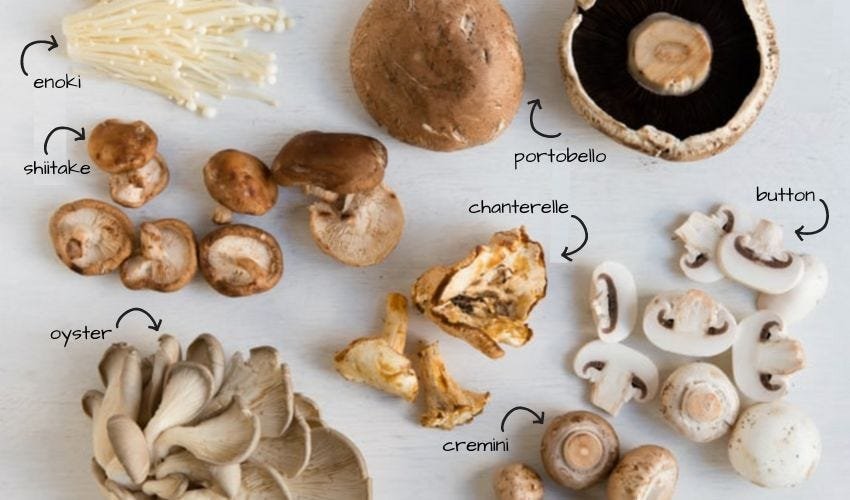A Nutritional and Medical Overview
Mushrooms, whether used in cooking, for medicinal purposes, or recreationally, pass through the human body in a specific timeframe. Understanding how long they stay in your system is essential for those mindful of their health, especially when it comes to their digestion, nutritional benefits, or the effects of specific compounds like psilocybin found in certain types of it. In this blog, we will explore the different types of it, their breakdown process in the body, and the factors that influence how long they remain detectable.
Types of Mushrooms and Their Effects
They come in many varieties, and their effects on the body can differ widely. Edible mushrooms like shiitake, button, or Portobello are rich in nutrients such as vitamins, minerals, and antioxidants, offering health benefits. These are digested like other foods and do not remain long in the system.
On the other hand, psychoactive mushrooms, such as those containing pilocybin, have a different effect. They also known as “magic mushrooms,” are known for their hallucinogenic properties. They interact with the brain’s serotonin receptors, leading to altered perceptions and sensations. The duration of these effects varies depending on the amount ingested and individual metabolism.
How the Body Processes Mushrooms?

The body processes it in a similar way to other food items, though the exact duration depends on the type consumed. For edible mushrooms, the digestive process typically starts within the first 30 to 60 minutes of ingestion. Enzymes in the stomach begin breaking down the food, and the nutrients are absorbed in the small intestine.
For mushrooms containing psilocybin, the effects are felt within 20 to 40 minutes after consumption, as the body converts psilocybin to psilocin, the compound responsible for the psychoactive effects. These effects usually last between 4 and 6 hours. The body metabolisms pilocin fairly quickly, and it is excreted through urine, sweat, and feces.
How Long Do Mushrooms Stay Detectable?
When it comes to edible type, they generally pass through the digestive system within 24 to 48 hours. However, some compounds from it can be present in the bloodstream or tissues for a bit longer, but this is mostly negligible for normal dietary mushrooms.
For psilocybin , the detectability depends on the method of testing. Urine tests, for instance, can detect psilocybin and its metabolites up to 24 hours after ingestion. Some studies suggest it can be detected for up to 72 hours in some cases, but this is less common. Blood tests may detect psilocybin for about 24 hours, while hair tests can show traces of psilocybin for up to 90 days, though such tests are rare.
Factors Influencing How Long Mushrooms Stay in Your System
Several factors affect how long they remain in your system, including:
- Dosage: Higher doses of psychoactive lead to longer effects and longer detection windows.
- Metabolism: Individuals with faster metabolisms process substances more quickly, reducing the time they stay in the system.
- Age: Younger people tend to metabolize it faster than older individuals.
- Hydration: Staying hydrated helps flush out toxins, including psilocybin metabolites, through urine and sweat.
- Body Mass: Individuals with higher body fat percentages may process it more slowly, as psilocybin can be stored in fat cells temporarily.
Clearing Mushrooms from Your System
For those who have consumed edible mushrooms, staying hydrated and maintaining regular digestion will ensure that it passes through the system within a day or two. No special measures are needed. If someone is concerned about the detectability of psilocybin mushrooms, staying hydrated, eating fiber-rich foods, and engaging in physical activity can help speed up the excretion process. However, the only guaranteed way to clear it from your system is to allow the body’s natural metabolic processes to run their course.
Potential Health Benefits and Risks
Mushrooms, particularly edible varieties, are packed with nutrients that offer numerous health benefits. They are rich in antioxidants, vitamins (such as vitamin D), and minerals like selenium and potassium. Consuming them as part of a balanced diet can help boost immunity, improve gut health, and even aid in weight management.
On the other hand, consuming psychoactive , while not physically addictive, can pose psychological risks, especially in higher doses. Users may experience anxiety, paranoia, or other unwanted psychological effects. It’s important to use such substances responsibly and with caution, as they can also interact with other medications or medical conditions.
Final Thoughts
The length of time they stay in your system depends on several factors, including the type of them, your metabolism, and the dosage consumed. While edible ones typically pass through the digestive system within 24 to 48 hours, psilocybin types and their metabolites may stay in your system for longer, with detectability lasting up to several days depending on the test. Regardless of the type, they offer both health benefits and risks, making it essential to consume them responsibly and be mindful of their effects on your body.















